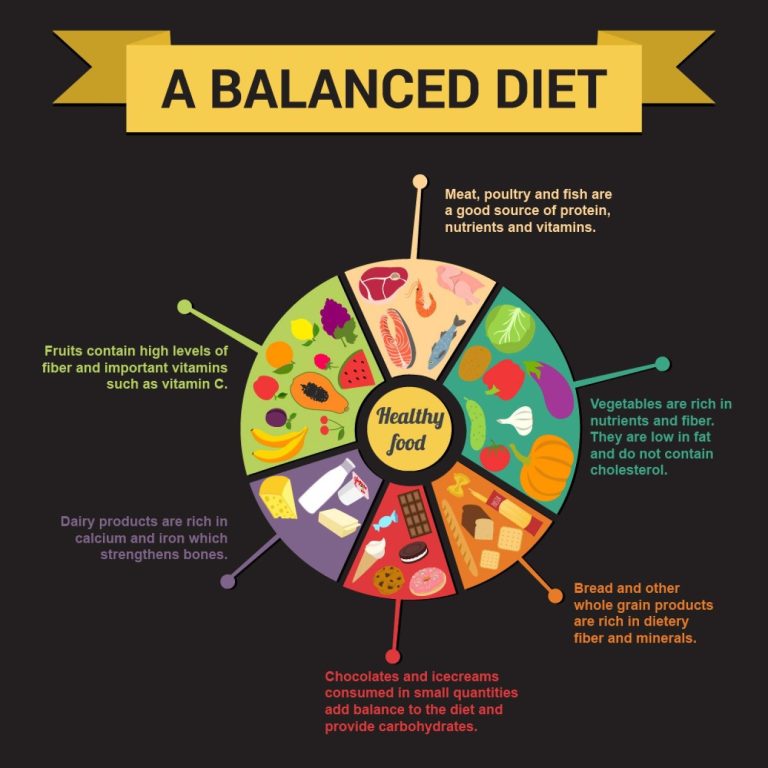Portion control plays a crucial role in managing weight effectively. In today’s world where oversized meals and super-sized fast food options are readily available, it is easy to consume more calories than our bodies actually need. This article explores the importance of portion control and provides tips on how to implement it into your daily routine.
The Relationship Between Portion Control and Weight
Portion control involves monitoring the quantity of food we eat, ensuring it aligns with our dietary needs. When we consistently consume larger portions than necessary, it leads to a surplus of calories that our bodies store as fat, resulting in weight gain over time. By practicing portion control, we can regulate our calorie intake, which is a crucial factor in weight management.
Understanding Serving Sizes
One of the challenges in portion control is understanding what a healthy serving size looks like. Nutrition labels on packaged food products provide information about serving sizes, but it is essential to note that they may not always reflect the amount we typically consume. It is recommended to measure and weigh food at home to get a better idea of proper portion sizes.
Tips for Practicing Portion Control
1. Use Smaller Plates
An effective trick for portion control is to use smaller plates. By doing this, our minds perceive the smaller plate as being full, even if the quantity of food is less. This psychological hack can help us feel satisfied with smaller portions.
2. Fill Half Your Plate with Vegetables
Adding vegetables to your meals not only boosts nutrition but also helps with portion control. Aim to fill at least half of your plate with colorful, non-starchy vegetables. They are low in calories and high in fiber, which makes you feel fuller with fewer calories.
3. Slow Down and Chew Thoroughly
Eating slowly and chewing thoroughly allows your brain to register the feeling of fullness more accurately. By eating mindfully, you become more aware of your body’s hunger and satiety cues, preventing overeating.
4. Pre-Portion Snacks
Pre-portioning snacks into individual serving sizes can prevent mindless eating. Rather than eating straight from the package, transfer snacks into small bags or containers. This practice helps control calorie intake and avoids excessive consumption.
5. Use Visual Comparisons
Visual comparisons can be helpful in understanding appropriate portions. For example, a serving of protein should be about the size of a deck of cards, while a serving of grains is approximately the size of a tennis ball. Keeping these visual cues in mind can aid in maintaining portion control.
6. Be Mindful of Liquid Calories
Sugar-sweetened beverages and alcoholic drinks can contribute a significant number of calories to our daily intake. Being mindful of the quantity and frequency of liquid calories is essential for managing weight. Opt for water, unsweetened tea, or other low-calorie alternatives to stay hydrated without excess calories.
7. Practice Self-Awareness
Being self-aware of your eating habits and portion sizes is crucial for successful weight management. Acknowledge emotional eating triggers, understand portion distortion, and actively strive for a healthier relationship with food.
Benefits of Portion Control
Practicing portion control offers several benefits beyond just weight management:
1. Improved Digestion
Eating smaller portions allows your body to digest food more effectively, reducing the chances of bloating, indigestion, and discomfort.
2. Enhanced Energy Levels
Overeating can lead to feelings of sluggishness and fatigue. By consuming appropriate portion sizes, you provide your body with the right amount of fuel, promoting sustained energy throughout the day.
3. Balanced Nutrition
Portion control encourages a balanced intake of all essential nutrients. By including a variety of food groups in appropriate portions, you increase your chances of meeting your daily nutritional needs.
4. Long-Term Weight Maintenance
One of the key benefits of portion control is its ability to facilitate long-term weight maintenance. By adopting healthy portion sizes as a lifestyle habit, you are more likely to sustain your desired weight in the long run.
Conclusion
In a society where larger portions have become the norm, consciously practicing portion control can help in managing weight effectively. By understanding serving sizes, implementing practical tips, and being mindful of our eating habits, we can attain a healthier relationship with food and enjoy the benefits that come with it. Remember, moderation is the key to a balanced and sustainable approach to weight management.









